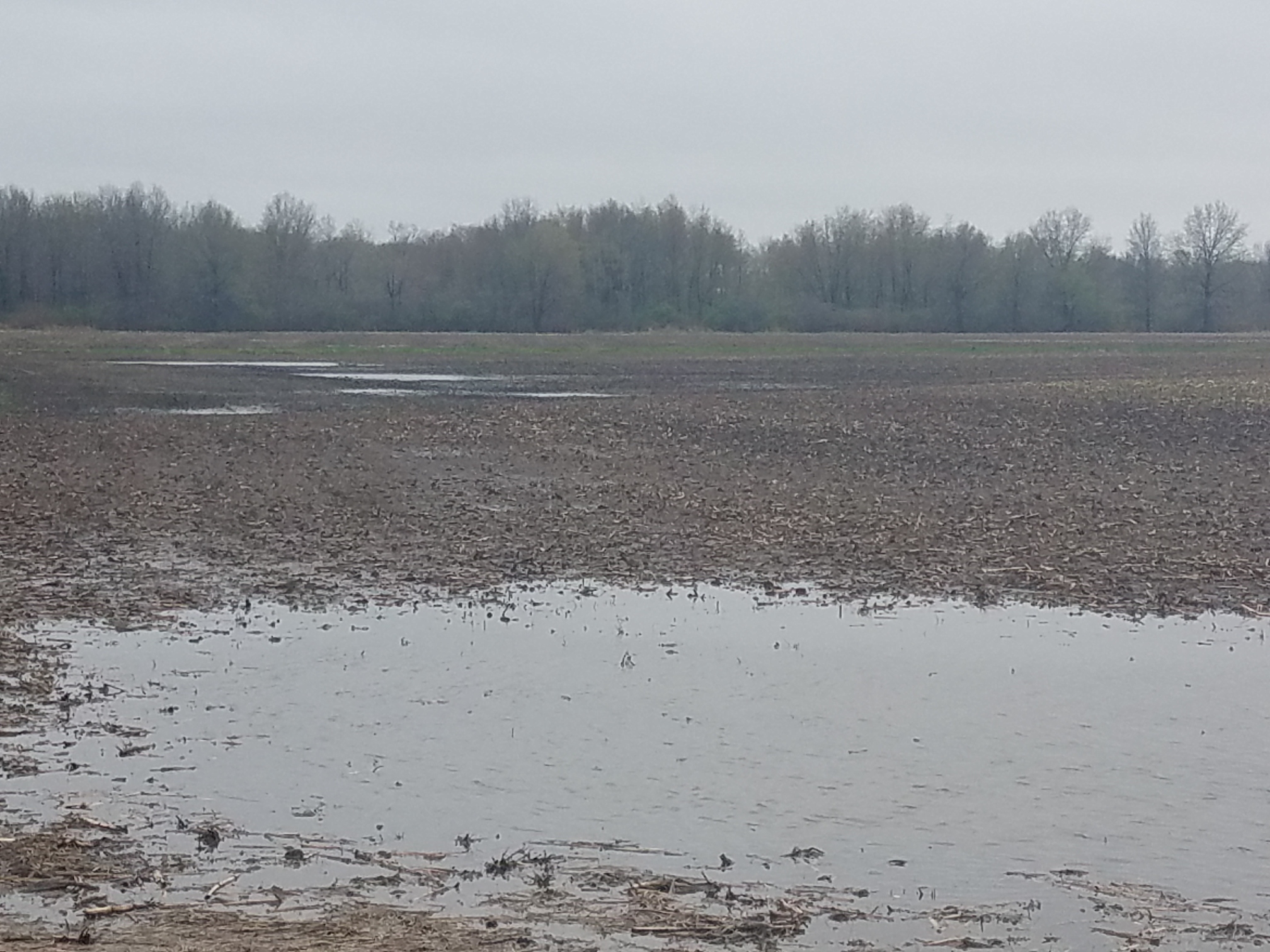The latest stretch of rain across Michiana, has local farmers playing the waiting game.
Right now, Tom Parker of Parker Farms says standing water on several of his fields is slowing things down dramatically for the grain and vegetable farming operation.
He says that last week, the farm did plant some corn, but the cold and wet weather is hurting its growing ability. Parker noted that some of the corn will have to be replanted.
Parker explained that the normal time to start planting for the farming operation to start planting is between the 15th and 20th of April.
But now, standing water in the fields will stop planting for at least two weeks.
“It’s setting the year behind. We’re sitting here waiting on things. There’s an optimal time to get things planted, and that window is right now. And, if we’re not able to go then we’re missing our prime opportunity,” said Parker.
In Niles, farmers say this rain can be too much of a good thing.
Joe and Jim Shelton with Shelton Farms in Niles say that farmers still have another month to worry about the cold weather and the chance of a killing frost causing further damage to crops.
Joe and Jim specialize in fruit crops like apples and strawberries.
They say the bees won’t fly in this recent rain and cold, which has cherry growers concerned that there won’t be pollination.
The pair also says that too much rain can impact the finish on apples.
The polar vortex and cold February temperatures also made a mark on crops.
Farmers are quite sure that there won’t be any peaches or apricots in Berrien County. Wine grapes are also in danger.
But, Jim Shelton says that there will always be a way to find your favorite fruit, but it might now be locally grown.
“From a consumer’s viewpoint, you gotta remember one thing, we live in the land of plenty. There’s a lot of substitutes. If you can’t find it here, you can find it someplace else. There really is a continuous supply of enough fruit and vegetables to go around. It’s just that sometimes they’re not right in your neighborhood. We like local, we thrive on local but we have to do what we have to do in situations like this,” said Shelton.















